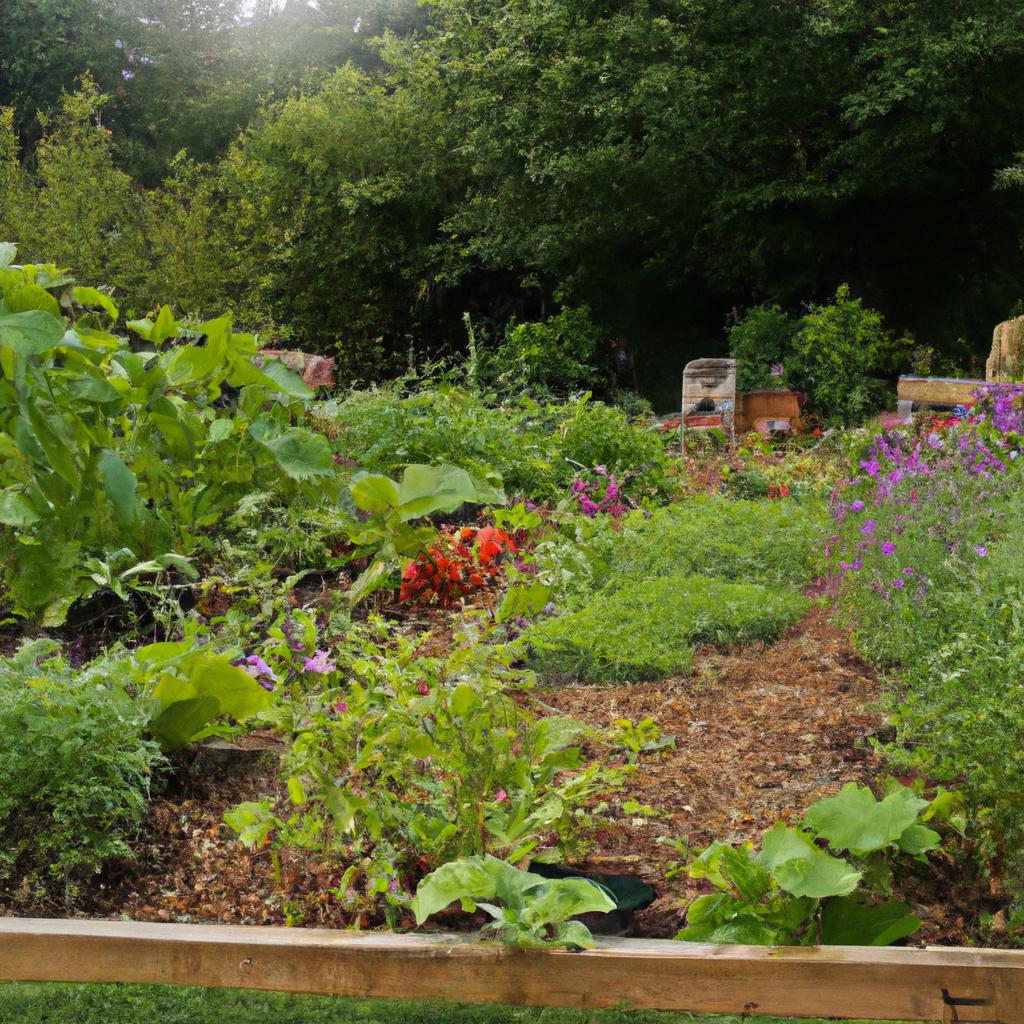Are you an avid gardener with a strong desire to make a positive impact on the environment? Look no further than sustainable gardening. It’s a holistic approach to gardening that prioritizes natural and organic methods to build a vibrant and thriving garden while minimizing waste and reducing environmental harm.
Discovering the Benefits
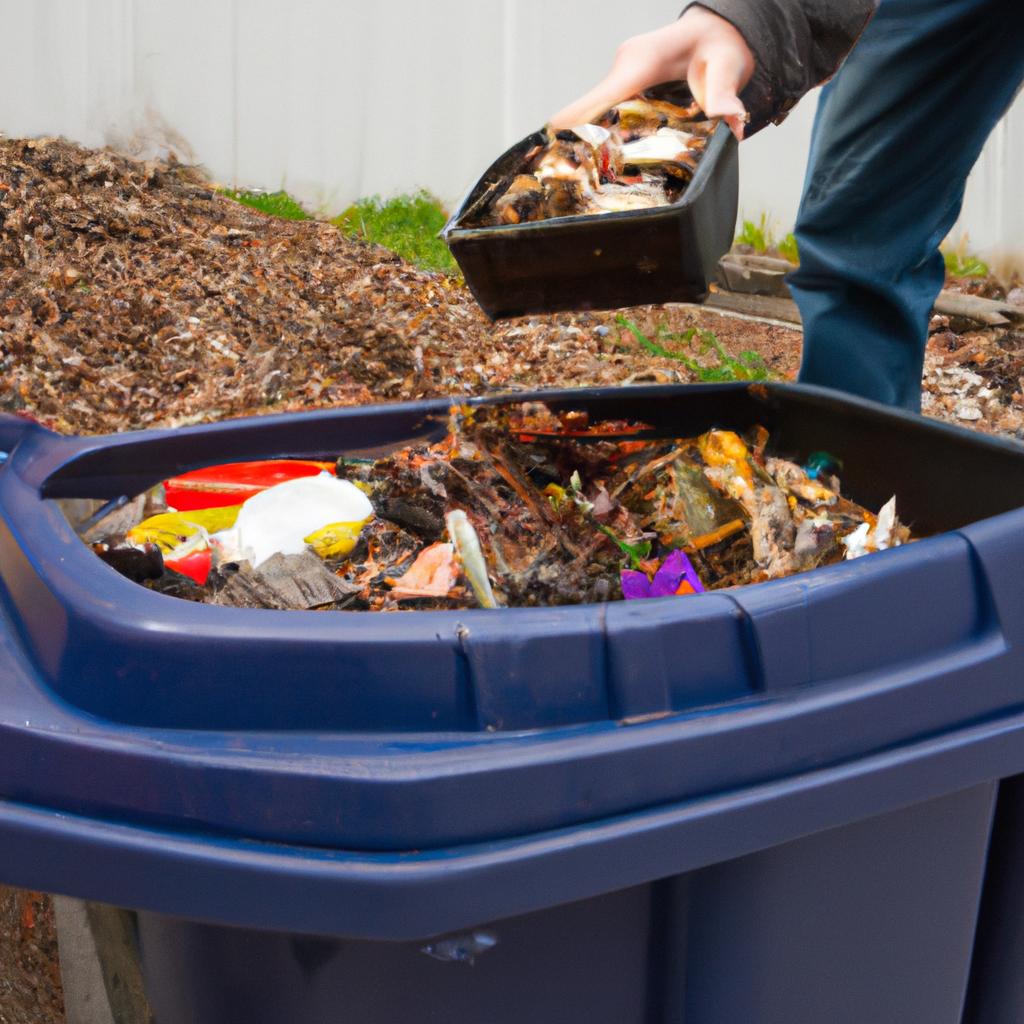
Sustainable gardening offers numerous benefits for you, your community, and the environment. Let’s explore some of the remarkable advantages:
Environmental Benefits
Sustainable gardening is an eco-friendly way to create a stunning garden. By employing organic and natural gardening techniques, you can reduce your carbon footprint and safeguard the environment. Additionally, sustainable gardening helps conserve vital resources such as water and soil, which are crucial for our planet’s well-being.
Health Benefits
Have you considered the impact of sustainable gardening on your health? By using natural and organic methods to grow fruits and vegetables, you minimize exposure to harmful chemicals and pesticides. As a result, you can relish fresh and nutritious produce loaded with essential vitamins and minerals.
Economic Benefits
Sustainable gardening can also save you money. By embracing natural gardening methods, you can decrease your dependency on costly fertilizers and pesticides. Furthermore, growing your own fruits and vegetables allows you to slash expenses on groceries while experiencing the joy of self-sufficiency.
Principles of Sustainable Gardening
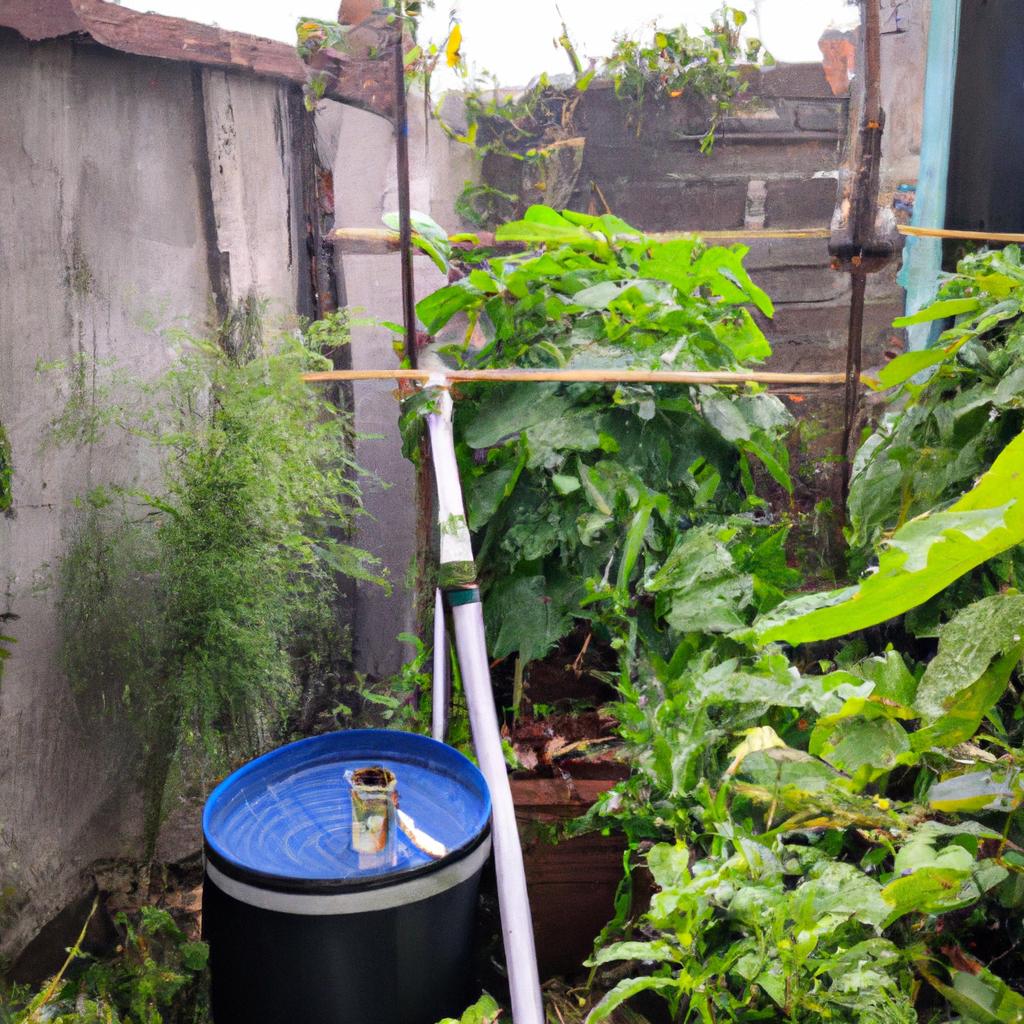
Sustainable gardening is guided by a set of principles that shape your gardening practices. Here are a few fundamental principles to keep in mind:
Reduce, Reuse, and Recycle
Minimize waste by incorporating natural and organic materials into your garden. Instead of purchasing new containers and planters, repurpose existing ones. Transform organic waste like leaves and grass clippings into compost, a natural fertilizer for your garden.
Embrace Organic and Natural Methods
Promote healthy plant growth by utilizing natural techniques such as crop rotation, companion planting, and mulching. Opt for organic fertilizers and adopt natural pest control methods like handpicking and companion planting to avoid harmful chemicals.
Conserve Water and Energy
Water and energy conservation are vital pillars of sustainable gardening. Incorporate drought-tolerant plants, install a rainwater harvesting system, and adopt drip irrigation to reduce water consumption. Embrace solar-powered garden lights and limit the use of power tools to conserve energy.
Implementing Sustainable Gardening Techniques
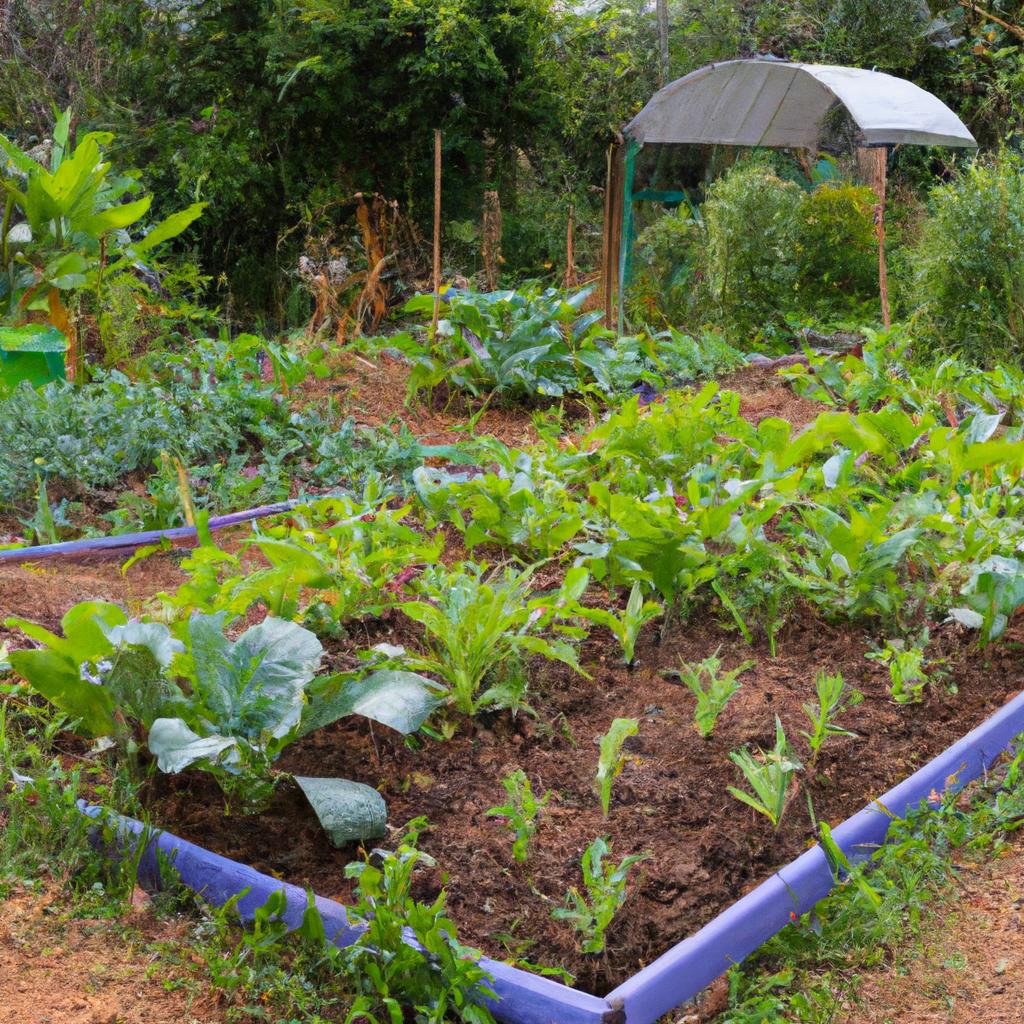
Now that we understand the principles, let’s delve into some techniques that can help you create a thriving garden:
Companion Planting
Achieve a symbiotic relationship between plants by practicing companion planting. Planting marigolds with tomatoes, for instance, can naturally repel pests and encourage healthy growth.
Crop Rotation
Bolster soil health by rotating your crops each season. By changing the location of your crops, you prevent the accumulation of soil-borne diseases and pests over time.
Mulching
Enhance your garden’s vitality by adding a layer of organic material, such as leaves or grass clippings, to the soil surface. Mulching conserves moisture, suppresses weeds, and regulates soil temperature.
Composting
Transform kitchen scraps and yard waste into nutrient-rich soil through composting. This process not only creates a natural fertilizer for your garden but also reduces waste.
By embracing sustainable gardening techniques like companion planting, crop rotation, mulching, and composting, you can cultivate a healthy, thriving garden that contributes to a greener environment and a healthier you.
Navigating Sustainable Gardening Challenges
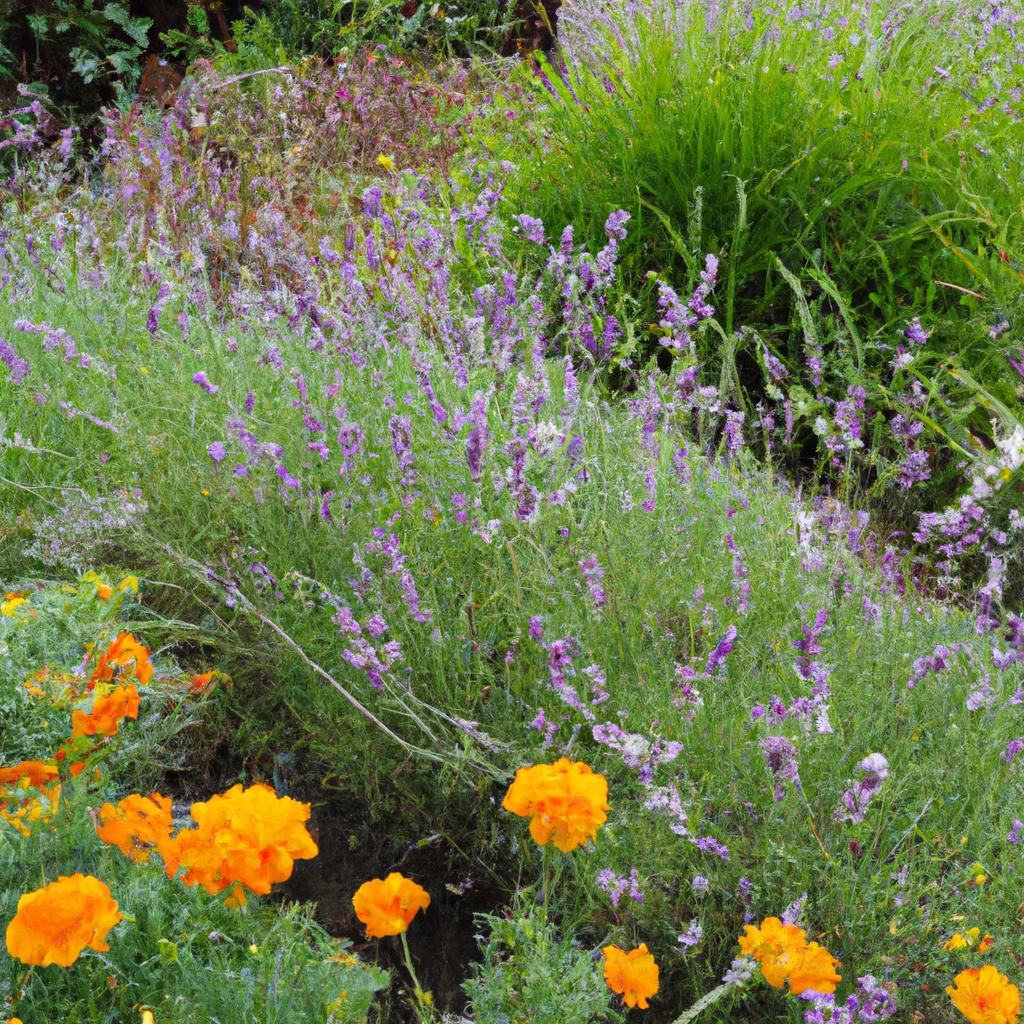
While sustainable gardening offers numerous benefits, it does come with its fair share of challenges. Let’s explore some common obstacles you may encounter:
Dealing with Pests and Diseases
Maintaining a sustainable garden requires finding natural ways to control pests and diseases, as harmful chemicals are off the table. Although it may be time-consuming and require experimentation, the reward of a chemical-free garden is well worth the effort.
Limited Space
For those with limited spaces like apartments or small yards, growing all the desired fruits and vegetables can pose a challenge. However, utilizing vertical gardening techniques and growing plants in containers can help maximize available space.
Time and Effort Required
Sustainable gardening demands time and effort. Researching natural gardening methods, tending to your garden regularly, and creating compost may seem daunting. But remember, the benefits of sustainable gardening make it all worthwhile, and the satisfaction of growing your own produce is immeasurable.
In Conclusion
Sustainable gardening is the future of gardening. By embracing natural and organic gardening methods, we can create beautiful, healthy gardens while minimizing our environmental impact. The benefits are far-reaching, from enhancing the environment to improving our health and saving money.
As we look to the future, let’s encourage others to join us in practicing sustainable gardening. Together, we can make a significant impact on the planet. TooLacks is committed to spreading awareness and providing resources to help people create sustainable gardens.
Start your sustainable garden today and become part of a movement dedicated to creating a healthier and greener planet. TooLacks is here to support you every step of the way.
